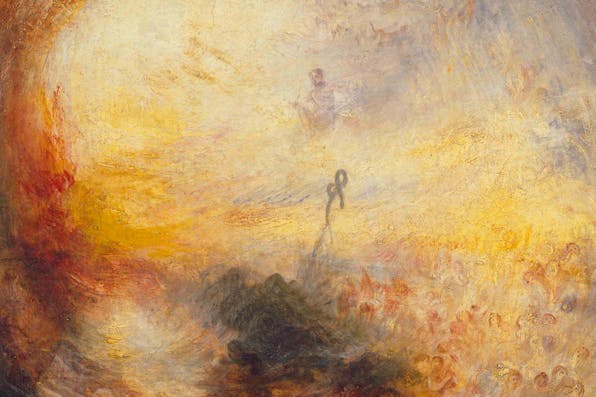
April 13, 2015
Judaism’s Countercultural Understanding of Human Nature
Bolstering the case for a Jewish conservatism is Jewish anti-utopianism.
In his bold and challenging essay in Mosaic, Eric Cohen sets out an exceptionally ambitious project: the articulation of a coherent Jewish conservatism for America and Israel. He makes no claim to achieve that goal, only to offer an outline of what such an achievement would entail. His outline helps to highlight both why many Jews should find such a goal appealing and why they will not find it easy to realize.
Cohen implicitly models his Jewish conservatism on the “fusionist” project that an earlier generation of American conservatives (led by William F. Buckley, Jr., Frank Meyer, and others) set for themselves in the middle of the last century and largely achieved over the subsequent decades. Their fusionism aimed to combine three elements that, although making for an uneasy fit, seemed to embody the key constituent parts of the modern American right: social traditionalism, a hawkish defense posture, and market economics. Ronald Reagan liked to call this the “three-legged stool” of American conservatism.
Cohen wants a Jewish version of this stool, and his choice of the same three elements is both natural and sensible for much the same reason. Traditionalists, defense hawks, and capitalists are not merely allies of convenience, nor are they united only by some common adversaries. They are deeply linked by a common anthropology: an understanding of human nature that qualifies as profoundly contrarian in our liberal age.




